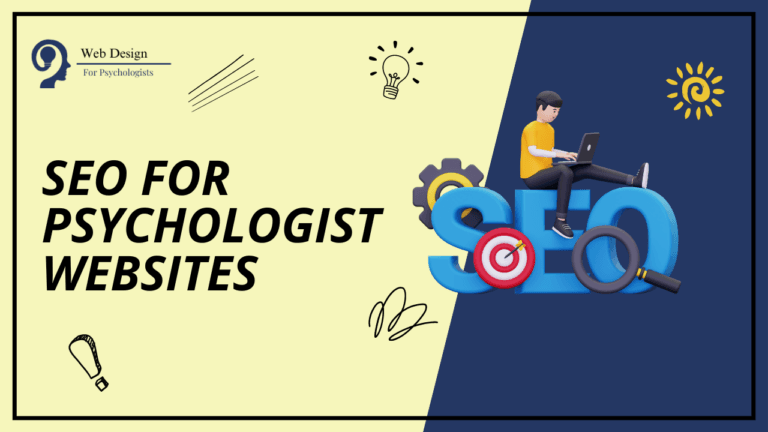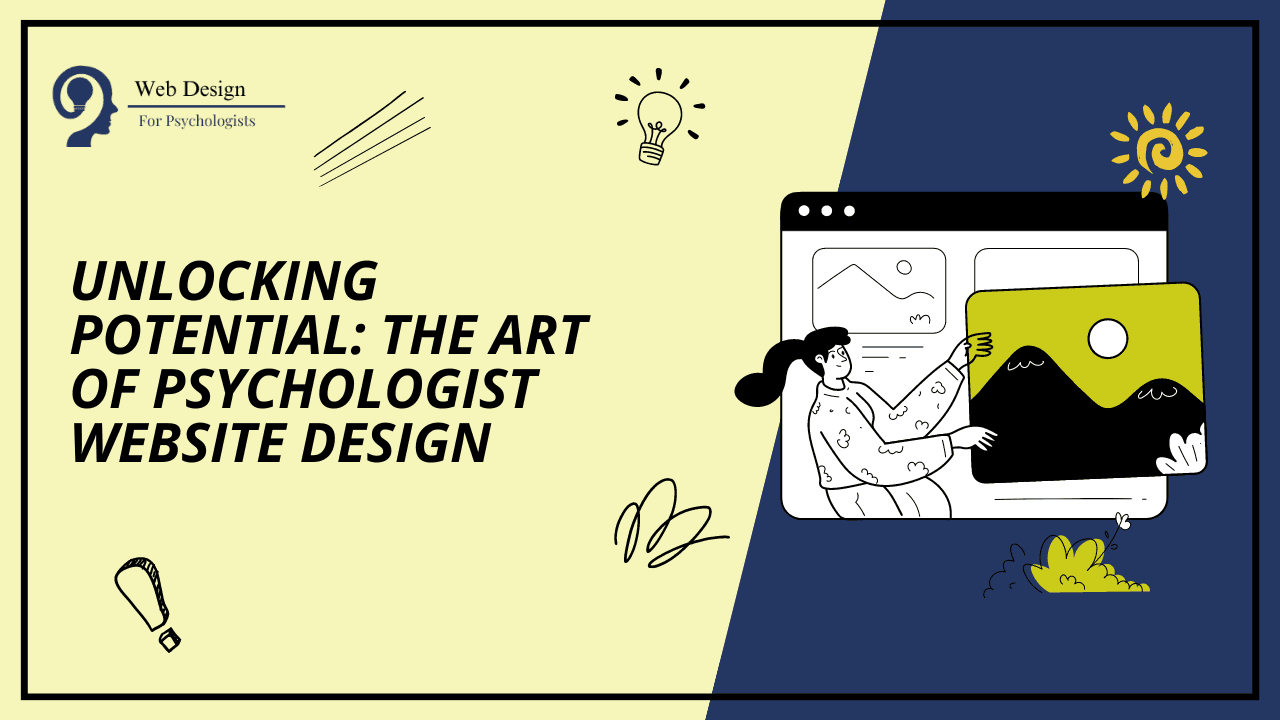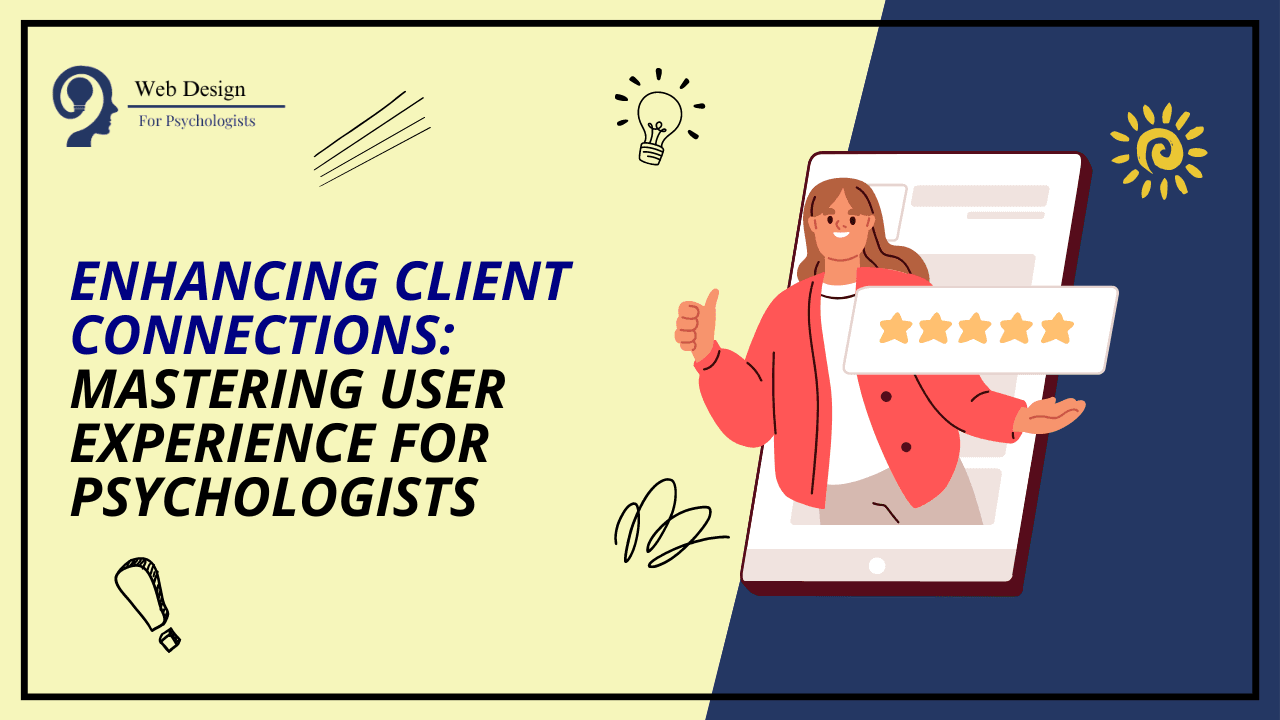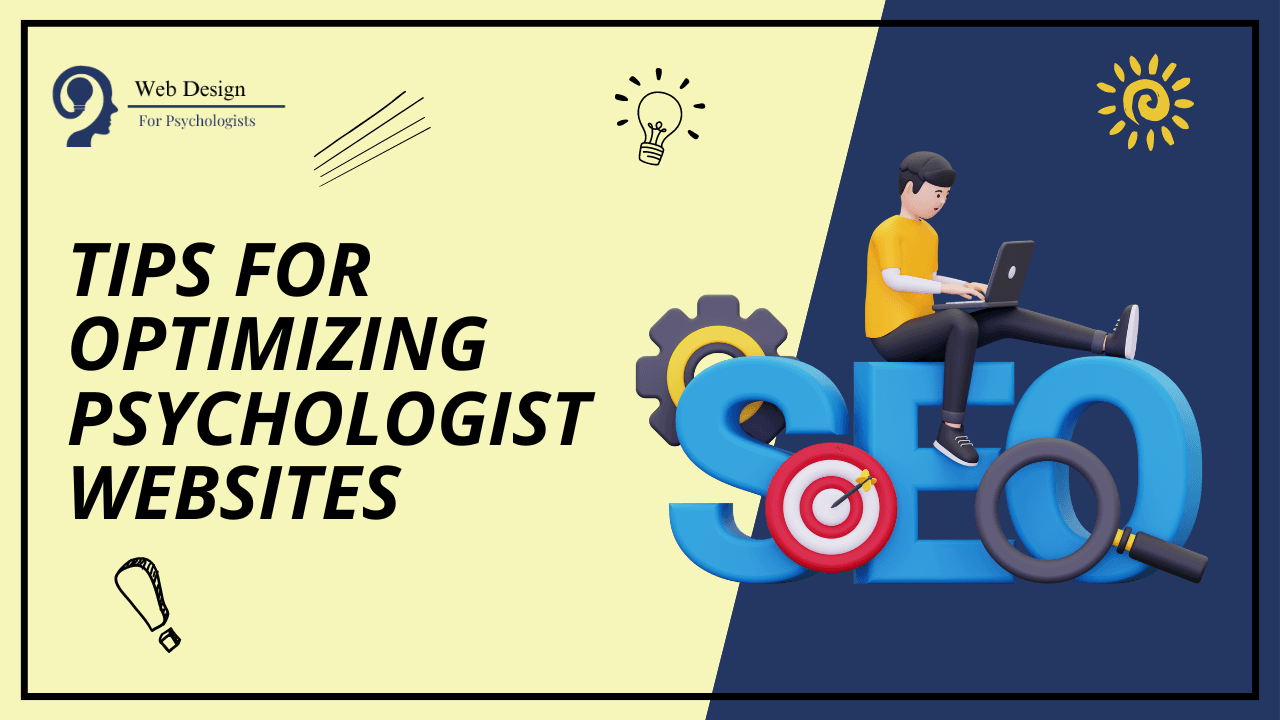In the digital age, where visibility is key to business growth, understanding and implementing effective Search Engine Optimization (SEO) strategies is essential, especially for professionals like psychologists. SEO for psychologist websites involves a series of strategic steps aimed at enhancing online visibility, attracting the right audience, and ranking higher on search engines like Google. This detailed guide provides practical SEO tips for psychologists and therapists looking to optimize their online presence.
The Importance of SEO in the World of Psychology

For psychologists, having a website isn’t enough. In a field where competition is growing, and the demand for mental health services is rising, being easily discoverable online can make a significant difference. SEO helps bridge the gap between psychologists and those seeking their services, enhancing the likelihood of reaching individuals who need professional help.
Psychologist Website SEO Tips: Foundations for Success
To begin optimizing your website, it’s crucial to understand some fundamental psychologist website SEO tips:
- Keyword Research: Identify terms and phrases your potential clients are searching for. Tools like Google Keyword Planner can help you find relevant keywords, such as “anxiety therapy,” “child psychologist,” or “relationship counseling.”
- Quality Content: Create informative, engaging, and relevant content that addresses common concerns, mental health topics, or therapy approaches. This not only helps in SEO but also establishes your authority and expertise.
- On-Page Optimization: Ensure your website’s titles, headers, and meta descriptions are well-crafted and include your target keywords. This improves your site’s readability for search engines and users.
- Local SEO: For therapists serving specific areas, local SEO is crucial. Ensure your business is listed on Google My Business, and incorporate location-based keywords in your content.
- Mobile-Friendly Website: With more people using mobile devices to search online, having a responsive design is vital for both user experience and search engine ranking.
Search Engine Optimization for Therapists: Going Beyond the Basics
Once you have the basics in place, delve deeper into more advanced strategies:
- Backlink Building: Acquire quality backlinks from reputable sites related to mental health, healthcare, or local business directories. This enhances your site’s authority and credibility in the eyes of search engines.
- User Experience (UX): A website that’s easy to navigate and pleasant to use can decrease bounce rates and increase time spent on your site, positively impacting your SEO.
- Loading Speed: A fast-loading website provides a better user experience and is favored by search engines. Optimize images and leverage caching to improve your site’s loading speed.
- Regular Updates: Keeping your website updated with fresh content signals to search engines that your site is active and relevant, which can aid in better ranking.
Ranking Psychologist Websites on Google: Standing Out in a Crowded Space
To rank your psychologist website effectively on Google, consider the following strategies:
- Long-Tail Keywords: These are longer, more specific keyword phrases that visitors are likely to use when they’re closer to a point-of-decision. For example, “child psychologist specializing in ADHD in Miami” is a long-tail keyword that can attract a more targeted audience.
- Blogging: Regularly updated blogs about mental health topics not only provide value to your visitors but also increase your website’s content, improving SEO.
- Social Media Integration: Share your content on social media platforms to drive more traffic to your site. This indirect traffic can positively impact your search rankings.
- Monitoring and Analytics: Use tools like Google Analytics to track your website’s performance. Understanding how visitors interact with your site can provide insights for further optimization.
Conclusion: SEO – A Stepping Stone to Greater Reach
SEO for psychologist websites is not just about algorithms and rankings; it’s about connecting with people who are in need of professional help. By implementing effective SEO strategies, you make it easier for those individuals to find you in their time of need. Remember, SEO is a continuous process. It requires regular attention and adaptation to the ever-changing online landscape and search engine algorithms.
In closing, whether you are a solo practitioner or part of a larger clinic, optimizing your website for search engines is a crucial step in expanding your online visibility and reaching more clients. With consistent effort and a strategic approach to SEO, your website can become a powerful tool in not only growing your practice but also in making a meaningful impact on the lives of those seeking psychological guidance.




